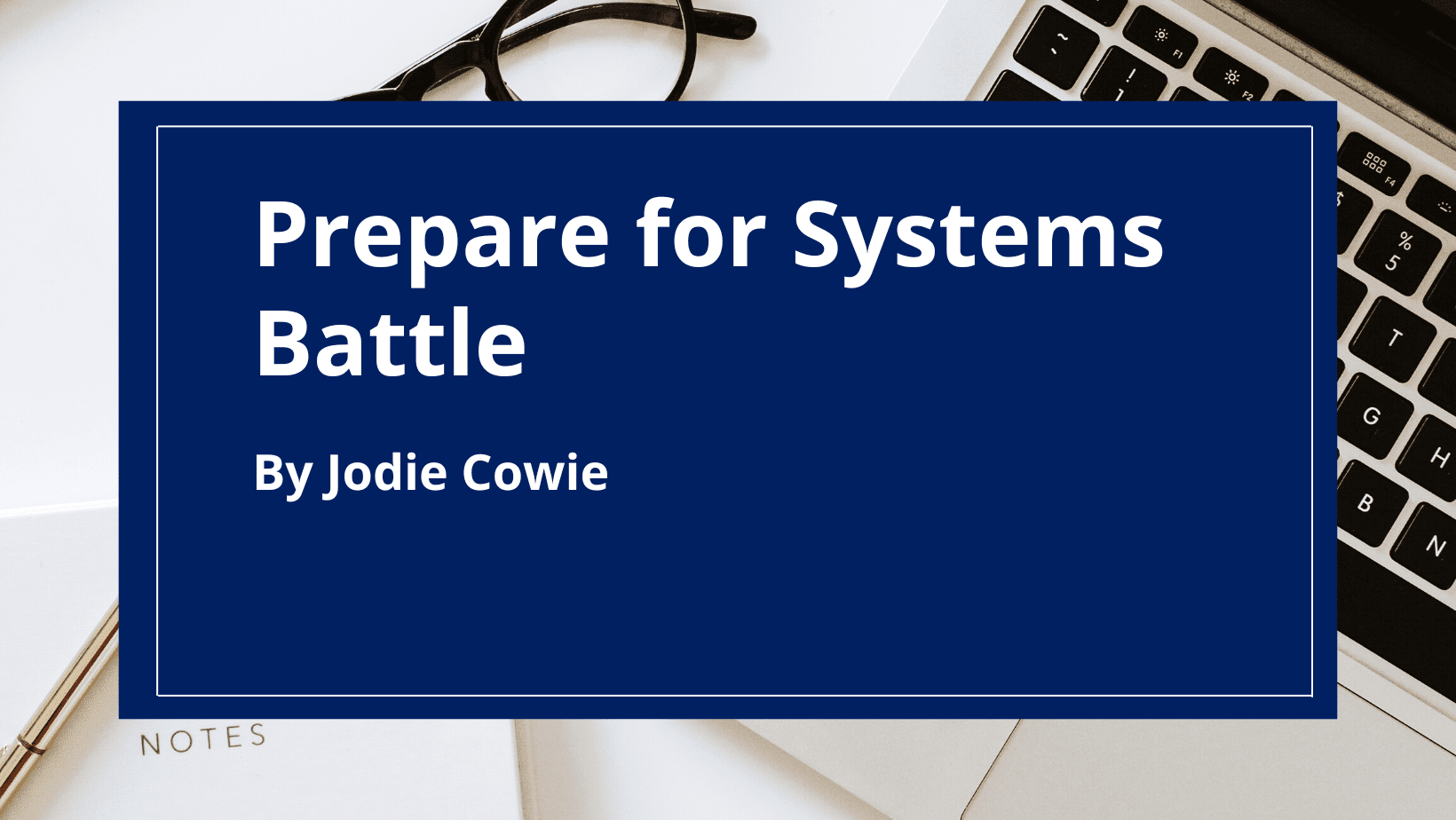Prepare for Systems Battle
2 June 2023
By Jodie Cowie
I am not sure if I was living in ignorance, or under a rock or with my head in the sand. But prior to my disability, I thought and I hoped that accessibility, was exactly that, accessible. I thought that the existing systems were much more progressive and accommodating than what I have actually experienced.
What I have found is that navigating the broader service system is a perpetual battlefield, requiring me to attach my metaphorical armour and sword every time I need to get through it. There are, multiple barriers and hurdles for people to navigate, like this massive cyclical maze to achieve the ultimate goal - getting your needs met. This might seem like a small achievement in some ways, but it can be so draining and resource intense.
I constantly create space to advocate for myself, educate people on the diversity of an ABI (no, it doesn’t affect my intelligence), and wade through the flaws of a myriad of systems when they all fall down. Part of me gets it; eligibility criteria has been structured for many reasons. I often hear that old adage of people saying, “but if it was easy, then everyone would access it”, and to that, I truly ask, “so what?” My experience has been that due to the complexity and lack of integration, it is amazing when people actually get through. It’s almost in spite of it all, really.
From my injury, I was not able to return to my previous career, and had been receiving income protection for two years while I focused on recovery and returning to work in what capacity I could. As the income protection was nearing an end, I started to take the necessary precaution to ensure that I would be able to meet my ongoing living costs and I applied for income support which wasn’t an easy application.
Through the process, I had to disclose and highlight all of what I can’t do and essentially talk about all of my deficits, initially being rejected, with no information available as for some reason, the systems don’t automate letters in the same timely fashion that outcomes are created and sent through to applicants. I attempted to call on multiple occasions through their service line which countlessly hung up on my calls, ironically telling me how important my call was, and then it took multiple times of escalating the issue through the service feedback line for an outcome to occur. And this is one tiny example of my experience, as several other issues emerged as well.
It was tough, and is tough for all people going through it, but particularly tough if you have a disability. The process for people with a disability of having to highlight their deficits while really completing ignoring any of their strengths, is really soul destroying and months later, I have been able to reflect on how my experience had negatively affected my mental health and overall well-being. The resources required to advocate for myself, left me feeling disempowered and exhausted. And this was on top of my usual everyday fatigue that I live with from my disability. I don’t blame any individuals within the systems, as those that I did speak with, when I did finally get through were trying to assist, but what seemed evident, was that the system just simply had not been structured to be easy to navigate, nor did different areas within one department integrate with others, except in a punitive way whereby I incorrectly within this process, received a debt notice.
I don’t think that my experience is unique. Actually, I think that my experiences are replicated and far worse for others who perhaps don’t have their own voice, or are fatigued through that constant feeling of needing to challenge the status quo and strive for more.
So what’s the solution?
In all honestly, I kind of think we already know, but here are some guiding thoughts for those change makers, policy players, and systems creators out there. I think these are two important points to consider for people with disability who have to interact with the multitude of systems.
- Value the individual: There has been numerous times since my ABI, that I have persistently had to talk about my deficits, and a major focus becomes on what I can’t do, rather than recognising my strengths and capabilities. FEELS. HORRIBLE. Within the space of a year, I have slowly felt the impacts of this process, and it’s been de-humanising to say the least. People with disability are so much more than that.
- Make things accessible: Think of accessibility as part of the planning, not an afterthought. Consider it as vital and important as the inclusion of bathroom facilities if you were planning an event. It is more than just a ramp, although that in itself, is life changing for some. It is changing the lighting or noise reduction, or other sensory information that people may find overwhelming or over stimulating. It’s about creating quiet spaces and offering digital access as a standard. I struggle with energy and if I am tasked with having to travel somewhere further than my local area, massive amounts of planning are required and recovery time afterwards. If you approach accessibility this way, you might actually benefit more people than you first realise, particularly anyone with an invisible disability. And think of how accessible the system is; Can people navigate this easily? Is it clear in information provided? Is that information even available?
For the people who have to navigate these systems, I send you strength, so much strength, for you and/or your loved ones in your advocacy challenges and I sincerely hope that it will get better.
I have heard a few times lately, that people do better when they can. I think of this often in relation to systems.
We know how to do better, so let’s do it.

